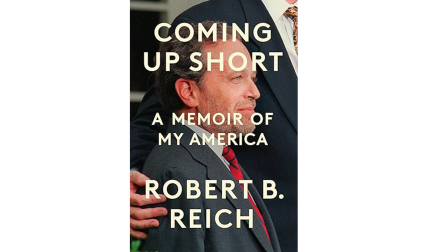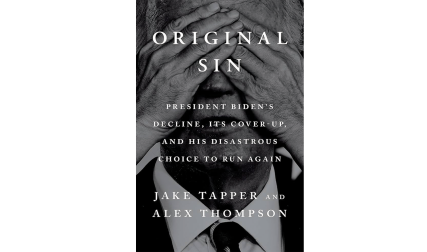Cal Newport ’04
Deep Work
(Grand Central Publishing)
Feel a bit distracted at work? Join the crowd. Newport, a Georgetown University computer science prof, thinks we could all benefit by learning about “deep work,” a term he coined to mean “focus without distraction on a cognitively demanding task.” “Both neuroscience as well as performance psychology tell us that a state of deep work is necessary to learn complicated things quickly,” Newport tells DAM, “and that’s becoming more important in our current information economy, to be able to keep up with the new and ever-changing complex systems that interact with all the data that’s out there.” He argues that his methods are relevant to anyone, from new graduates entering the workforce to employees seeking a competitive advantage to anyone who manages people.
Following his explanation of deep work and its value, Newport offers training methods to develop skills and avoid shallow work. “The ability to concentrate hard has to be trained, like learning how to juggle or play the guitar,” he says. One chapter, “Quit Social Media,” sounds like radical advice, says the author, “but it shouldn’t be.” He argues that a “benefit mindset” can save workers from the time-sucking Internet: How does it advance your work or your career? “I don’t understand why people are spending so much time on Facebook and other sites designed to capture your attention for as long as possible,” says the author, who claims he has never engaged in social media. “I don’t think it’s weird that some people do. I think it’s weird that almost everyone does.”
All the advice may not be new (“schedule every minute of your day” and “embrace boredom”), but Deep Work should appeal to anyone seeking self-help in an ever-changing office and tech environment and an uncertain economy. It works for Newport. “My academic output actually doubled during the year that I wrote this book, as compared to any other year,” he says. “If you work hard at distraction-free concentration on a regular basis, you’d be surprised by how much quality you can produce.” —Sean Plottner
Jeffrey Garten ’68
From Silk to Silicon
(HarperCollins)
Yale global economy professor Garten traces the story of globalization through the lives of 10 extraordinary men and women, from conqueror Genghis Khan, who brought the East and West under one roof, to British Prime Minister Margaret Thatcher, who taught the world how free markets really operate.
Robert Reich ’68
Saving Capitalism
(Knopf)
The former U.S. secretary of labor under President Clinton reveals how power and influence have created a new American oligarchy, a shrinking middle class and the greatest wealth disparity in 80 years. He also suggests what it will take to reverse the slide toward inequality and diminished opportunity.
John Donvan ’77
In a Different Key
(Crown)
Tracing the history of autism back to the first diagnosis nearly 75 years ago, Donvan explores the complicated medical and social history of the disorder. The Emmy Award-winning ABC correspondent also follows recent controversies, from whether there is an autism “epidemic” to the role vaccines played in it.
Lagg Miller ’91
The Audacious Ascetic
(Oxford University Press)
Linguistic anthropologist Miller offers his analysis of 1,500 audiocassettes retrieved from an Al Qaeda house in Afghanistan in 2002. The only person to listen to all the tapes, Miller refutes the idea that Osama bin Laden’s original enemy was the United States and serves up explanations of the cultural context behind the 3,000 hours of recorded speeches, poetry, music, mealtime conversations and other audio oddities.
Alexis Bunten ’99
So, How Long Have You Been Native?
(University of Nebraska Press)
Bunten, an Alaska Native and anthropologist, offers a firsthand account of working in the Alaska cultural tourism industry. Here she explores why Natives choose to sell their culture, the politics of business in a small town and how indigenous peoples are engaging in global enterprises on their own terms.
Additional books that were not listed in our print version:
Management consultant Michael Seely ’68 draws on decades of experience to make the case that focusing on job-creating growth can overcome government policies that have crippled the economy in Turning Point: Saving Our Kids’ Future. And Our Own (Shires Press).
Tom Laughlin ’68 follows a Boston-based family as it grapples with the challenges of careers, friendships, politics and affairs in his romantic drama, Absence of Intent (Amazon Digital).
The 2014 New American Press laureate Arne Weingart ’69 considers the human condition in a way both touching and witty in his first book of poetry, Levitation for Agnostics (New American Press).
Elizabeth Casteen ’01, an assistant professor of history at Binghamton University, the State University of New York, examines the reputation of Johanna I, reputation and femininity in 14th-century Naples in From She-Wolf to Martyr (Cornell University Press).
Dünya Onen ’07 tells the story of two bored children who venture out of the confines of their high-rise apartment to a place they create through collaborative storytelling in her children’s book, Güzel Bahçe Masallari (Habitus).




